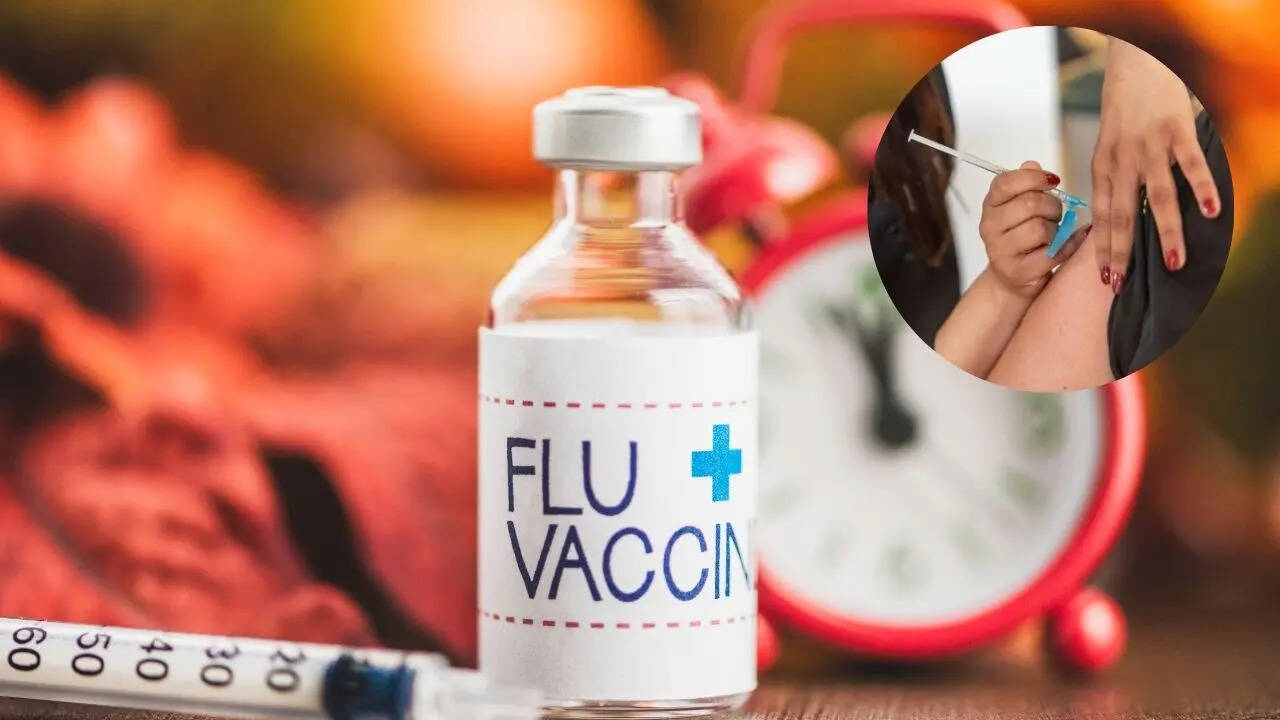Does Your Arm Hurt After Getting The Flu Shot? Here’s What’s Normal

Credits: Canva
SummaryMany people getting their annual flu shot this season have noticed their arms feeling sore or heavy afterward, but is that a cause for concern? Here’s what causes arm soreness after a flu shot, what’s considered normal, and how to ease the discomfort at home. Keep reading for more details.
End of Article
